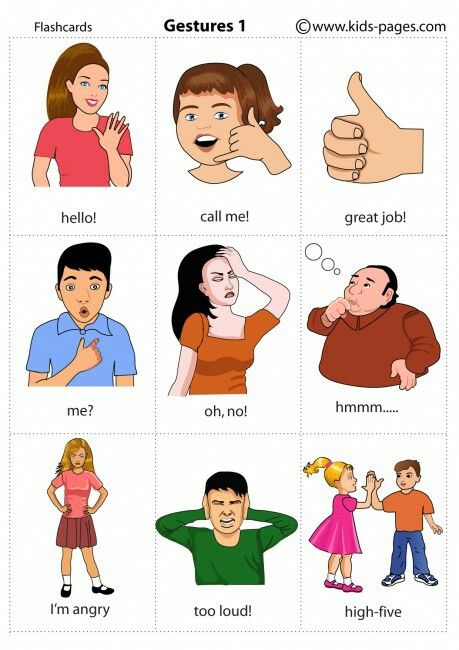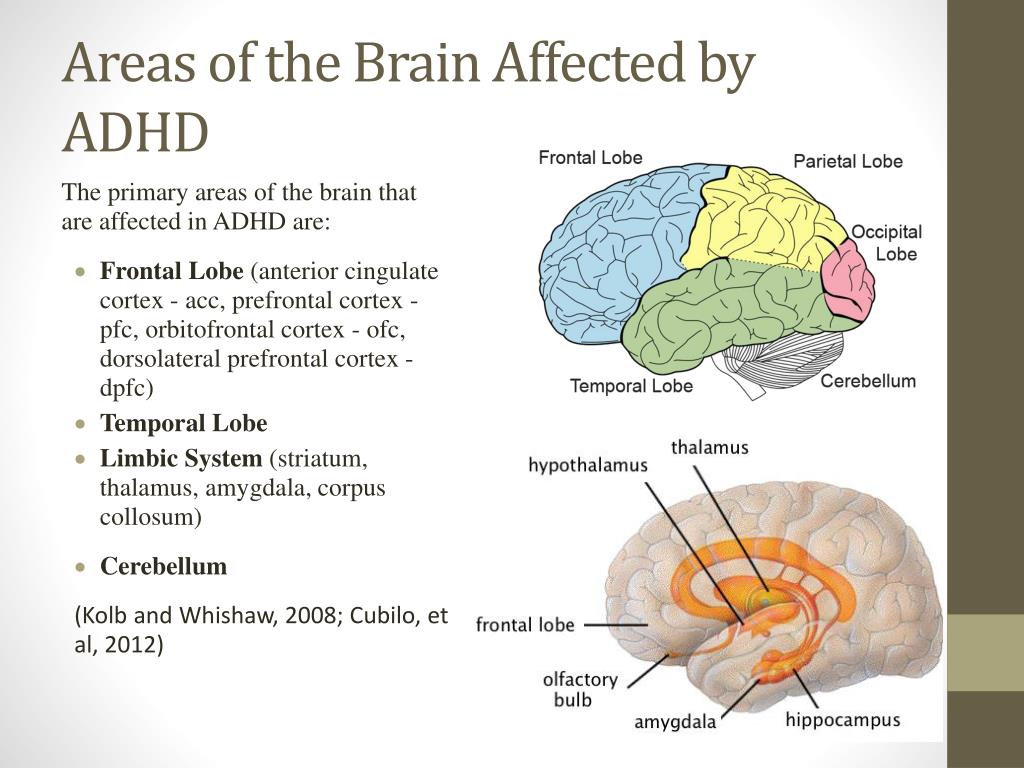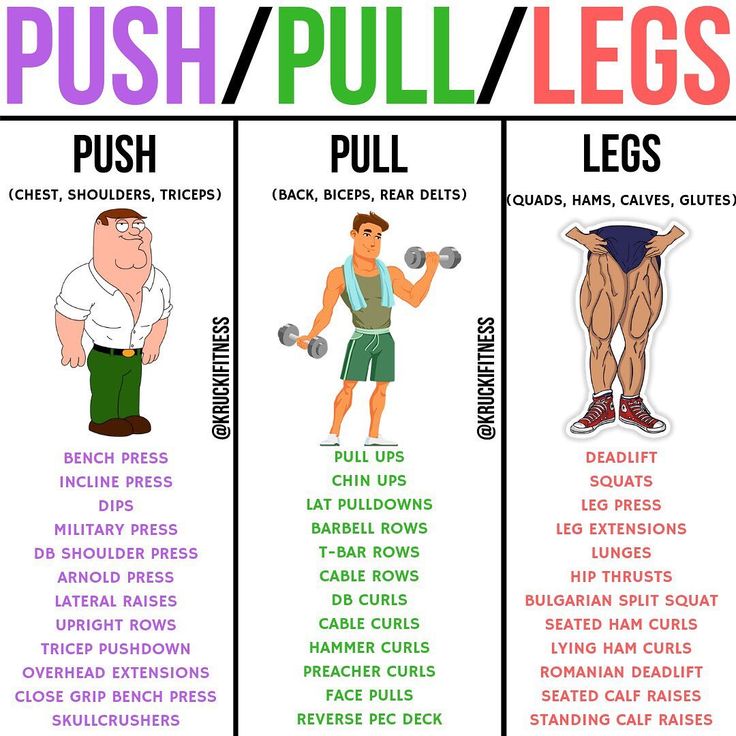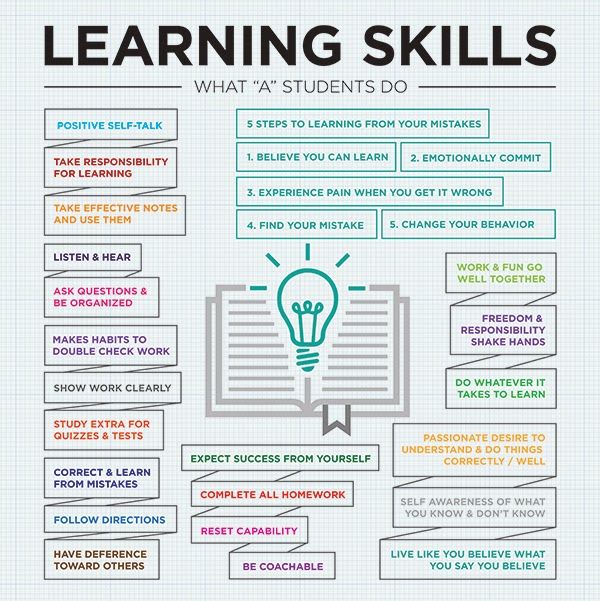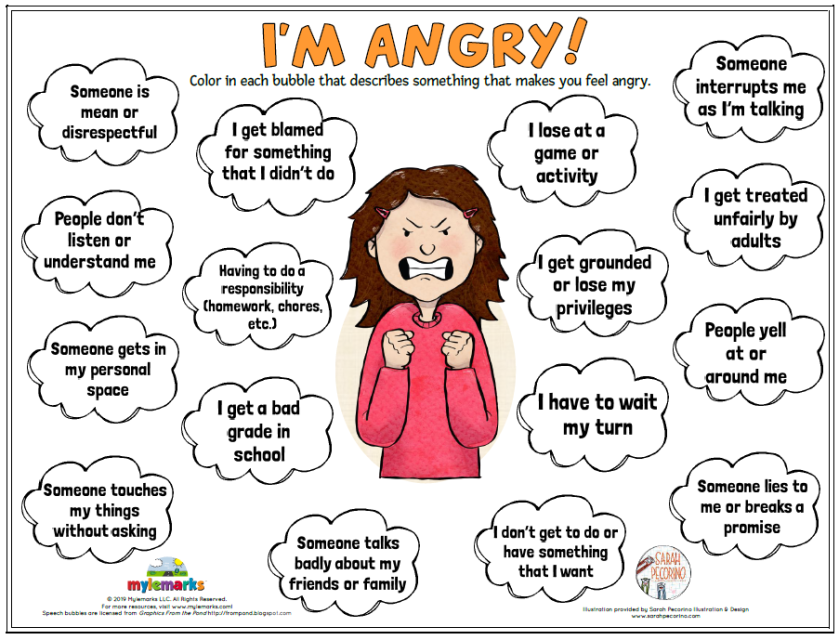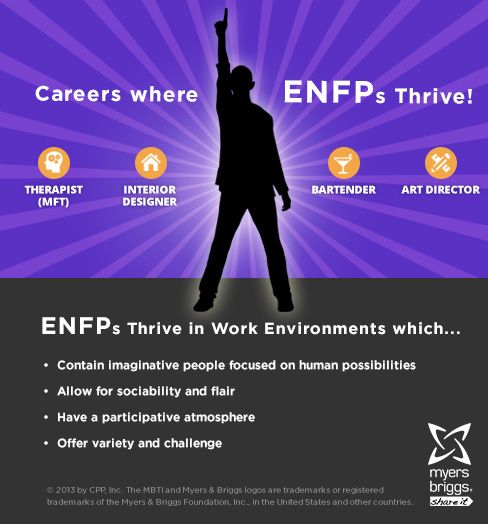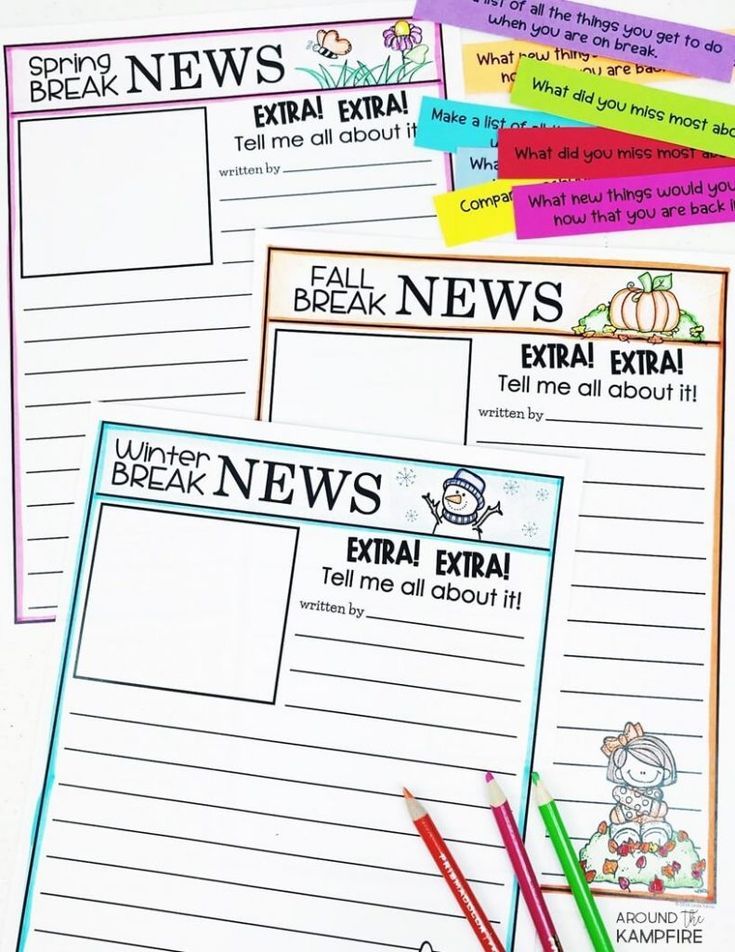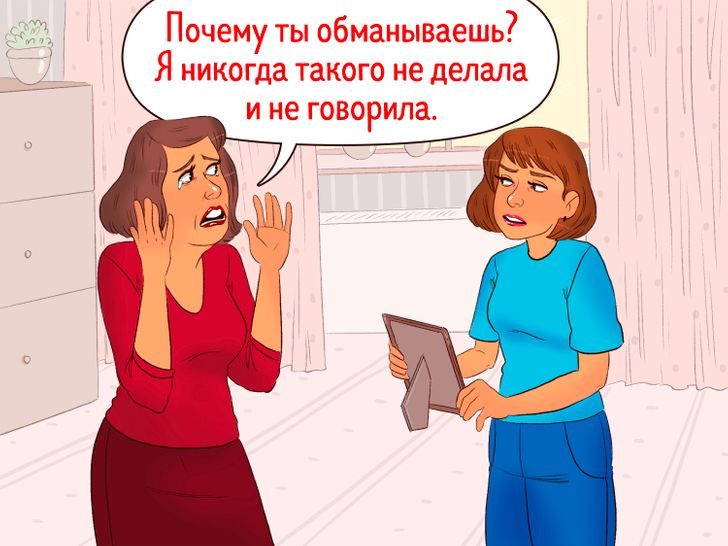Loud in sign language
He’s heading to nationals, bringing poems to life through sign language
Your browser does not support the audio element.
High school senior Trayshun Holmes-Gournaris spent the first seven years of his life in silence. Born deaf, he didn’t have any formal way of communicating with his peers.
“I would have classes and I would fail my classes because I have no way of understanding what was going on,” he says, through his interpreter Edwin Cancel. “People would say, ‘Are you a dummy or something?’ And I didn’t know what they were saying!”
Then in the second grade, he moved to Oregon, his adoptive parents taught him American Sign Language, and he enrolled in the Oregon School for the Deaf.
“I would be kind of shy, wanted to stay behind my mom, and they would encourage me. And then after 11 years, I’ve picked up the dexterity and the fluidity that I’ve picked up in sign,” he says.
Now, he’s a statewide champion and will compete for a larger audience at Poetry Out Loud.
Poetry Out Loud is a national competition where high school students are judged based on how well they recite selected poems.
Oregon School for the Deaf senior Trayshun Holmes-Gournaris with teacher and coach Gale Robertson.
Courtesy Oregon Arts Commission
Gayle Robertson is a teacher at OSD and has been active in Poetry Out Loud since 2009. She’s been encouraging Trayshun to compete since his freshman year.
“He’s student body government president, he wears a tie to school because he wants to look good,” she laughs. “He’s just one of those kids that you can see standing on a national stage and doing really well there.”
At first, Trayshun wasn’t sure if he would even like poetry. He was more interested in telling funny stories and jokes.
But with Robertson’s coaching, Trayshun competed in 2021 as a junior. He came in third. Even so, the experience gave him the confidence to try again.
“I said, OK, I owe this to myself my senior year to come in here guns blazing,” he says.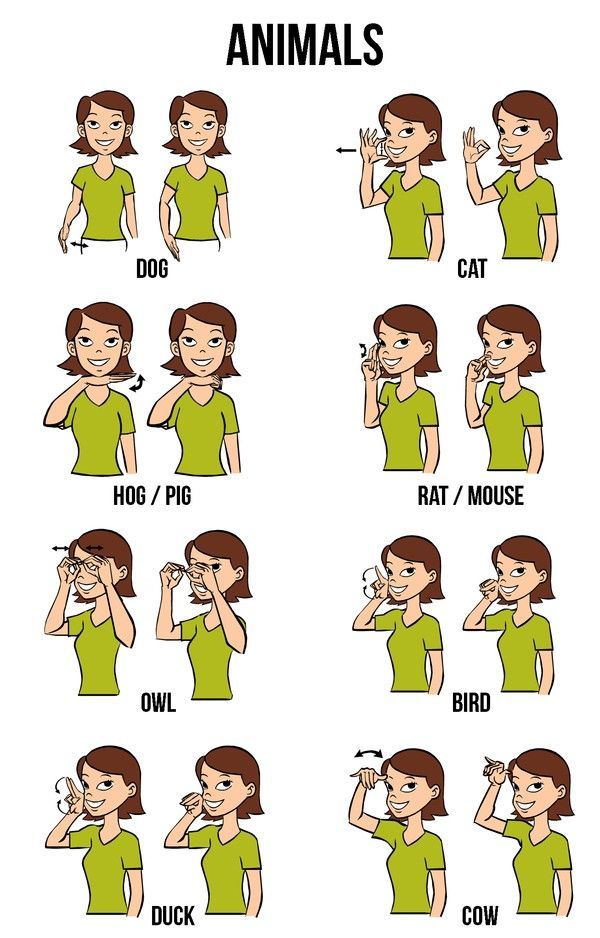
As he heads into the homestretch of his senior year, Trayshun has picked three powerful and challenging poems, “The Song of the Smoke” by W.E.B. Du Bois, “Silence” by Thomas Hood and “Caged Bird,” by Maya Angelou.
All three works reflect Trayshun’s feelings about being a young black man in America.
“It’s a hard life being a young black person. And so I started looking for authors who were black and who knew the black experience and I wanted to be able to convey a serious subject like this yet in my way of a performance.”
Of the three poems, “Caged Bird” is his favorite.
“A cage bird has no movement, the wings are clipped and it feels like the black experience. We’re not free to do whatever. It feels like we are in a cage.”
But how do you translate a poem meant to be read aloud into a visual language, let alone memorize it?
“I look up the information on the internet,” he explains. “And I start translating summaries of the different stanzas. Instead of going word for word, I take the meaning of each stanza.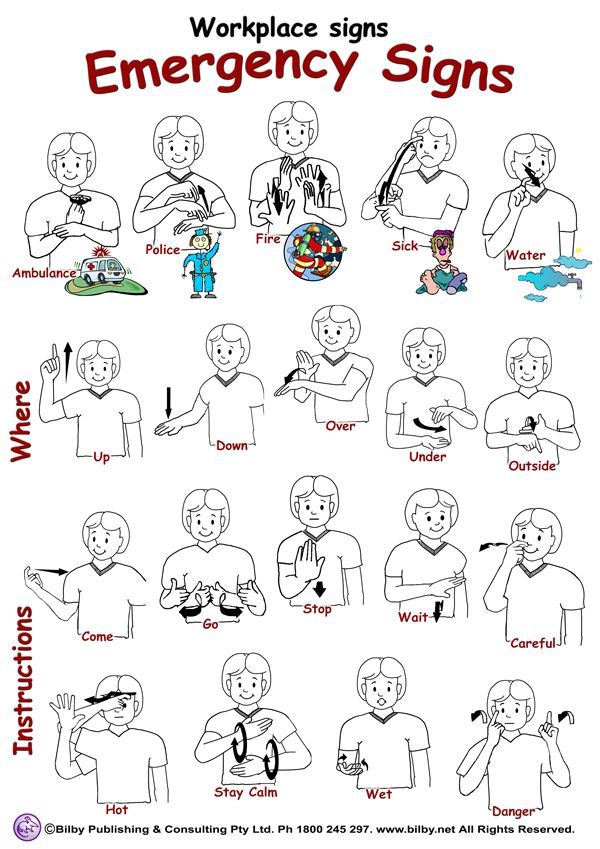 And then I start getting into the process of memorizing it.”
And then I start getting into the process of memorizing it.”
He also needed to make sure that he accurately adapted the poems’ message in ASL without overdramatizing the meaning.
“I have to have facial expressions that match what is happening in the poem,” he says.
Trayshun was one of 11 students who made it to the final round of the statewide competition. The Oregon Arts Commission announced the winner on March 1.
Trayshun Holmes-Gournaris is 2022's statewide Poetry Out Loud champion. He will compete in the national semi-final competition May 1.
Courtesy Gale Robertson
Normally, the students must recite their poems in front of a live audience. But because of the ongoing COVID-19 pandemic, Trayshun had to pre-record his performances.
In his taped performance of “Caged Bird,” Trayshun stands alone in his classroom, dressed in a long sleeve shirt and wool vest. The only sound heard at the beginning is a voiceover, introducing the poem. Then he starts signing.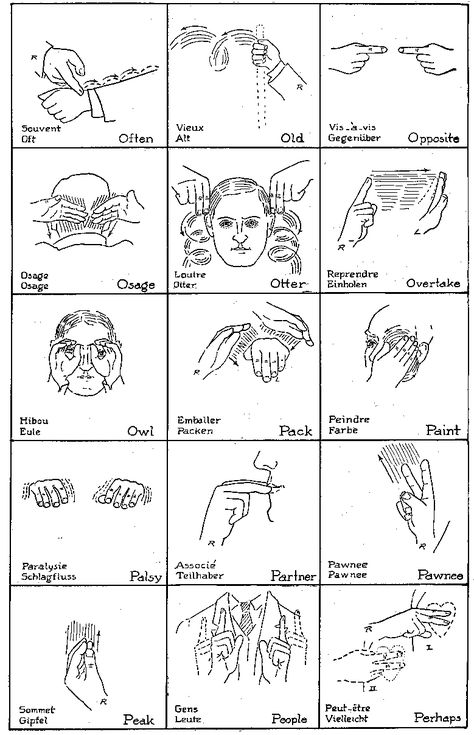 The room remains silent, but his hand movements and facial expressions speak volumes.
The room remains silent, but his hand movements and facial expressions speak volumes.
Once all three poems were recorded and sent off for judging, it was time to wait for the live zoom meeting that announced the winner.
Trayshun was completely shocked when he heard his name.
“My heart was beating really fast too. I don’t know if that could be seen visibly, but inside I was very excited!”
Competition judge and Oregon Arts commissioner Subashini Ganesan-Forbes was immediately impressed with his poise and authenticity.
“Trayshun was very good at really cutting through expectations and saying, this is my presentation. This is how I’m grounded, view the poem through me,” she says.
Trayshun is only the second deaf student to win Oregon’s Poetry Out Loud contest. Tiffany Hinano Hill, who was also coached by Gale Robertson, won in 2009.
Trayshun competes Sunday, May 1, in the national semifinal round. If he succeeds, he’ll advance to the final round in June.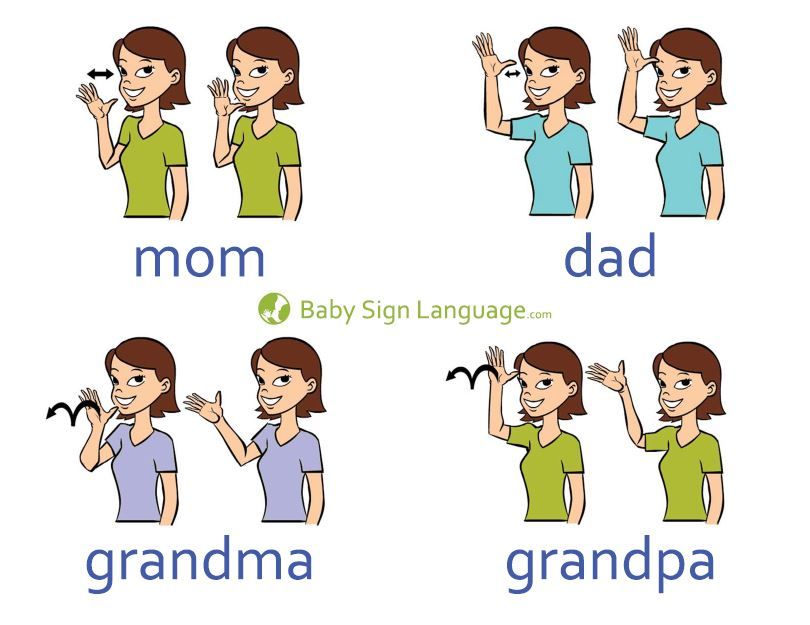
“I can be a winner. From being a deaf baby, with no ability to communicate, to being a state champion now. So if I can do it, people can do it too.”
Why Everyone Should Learn American Sign Language
02 Mar Why Everyone Should Learn American Sign Language
American Sign Language is the 3rd most used language in North America after English and Spanish and it is the primary sign language in use with an estimated 2 million people who are deaf or hard-of-hearing, using it as a means of communication.
American Sign Language (ASL) is a complete language made up of signs by hand gestures, facial expressions, and body postures which all come together to form an important part of being able to communicate easily and effectively.
In addition, there are many professional and personal uses of ASL around the world and many new applications are being discovered every day. American Sign Language is the favored means of communication at various venues, events, and situations.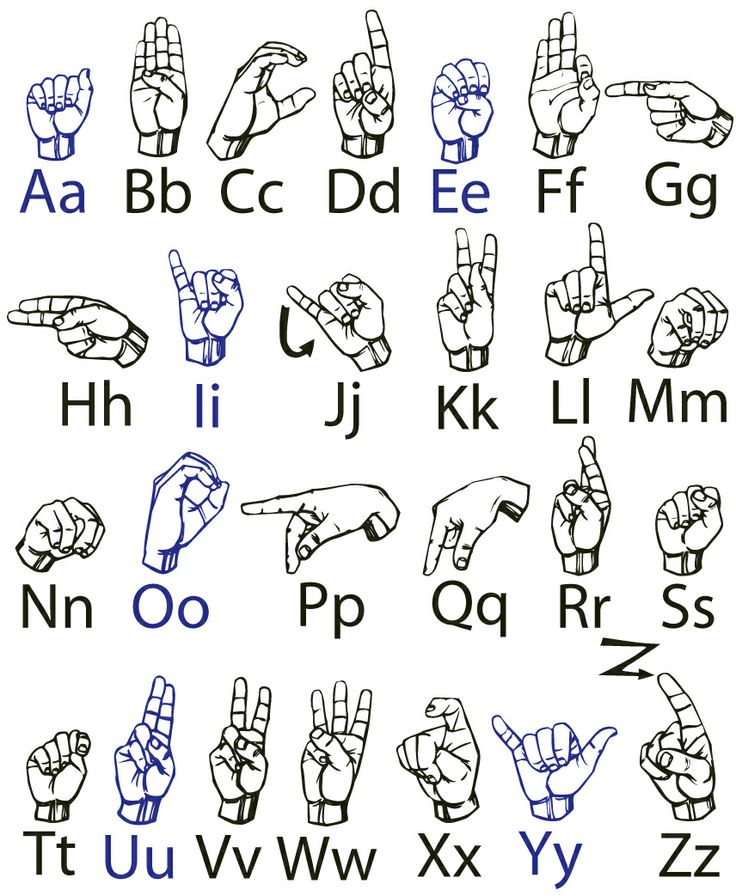
Why it’s Important to Learn American Sign Language:
American sign language is not only valuable to the hearing impaired but also the hearing population. Research shows that learning sign language is beneficial to hearing adults and children as well.
The following are some of these benefits:
1. It improves spelling:
Studies show that children learning basic sign language skills have improved spelling skills. This is because signing helps kids with another tool for mastering spelling-words and leaves a bigger imprint on their brains.
Because of the presence of the mini-memories in our muscles, it is easy to remember when we orally spell the word and sign it. Good spelling skills translate to good writing skills. This is so dear to many of us.
2. Improves classroom management:
Teachers who apply the use of sign language in the hearing classrooms find manage their classrooms better. Using sign reduce interruptions during lecture, therefore, assisting the teacher to keep the students on track.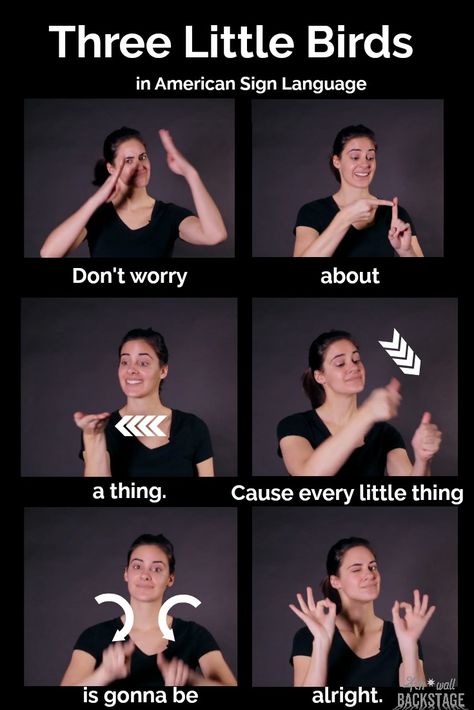 This is because learning always requires some silence for it to be effective.
This is because learning always requires some silence for it to be effective.
Teachers and learners with sign language skills thus will achieve this silence by applying the use of signs at some point during the lecture.
3. It enhances small motor skills:
The dexterity needed for communicating with hand-gestures in the sign language helps in developing motor skills. Those people with a problem in small muscle coordination and strength are able to develop their skills and also learn to effectively communicate with other languages.
Other Applications of American Sign Language:
1. Loud Venues:
American Sign Language is commonly used at loud venues where normal communication is not possible, such as at construction sites, musical concerts and racing events. Through ASL, you can easily communicate with others, regardless of the loud background noise, even with earplugs to protect your hearing.
2. Scuba Diving:
Basic training in ASL is a requirement for anyone wishing to go scuba diving.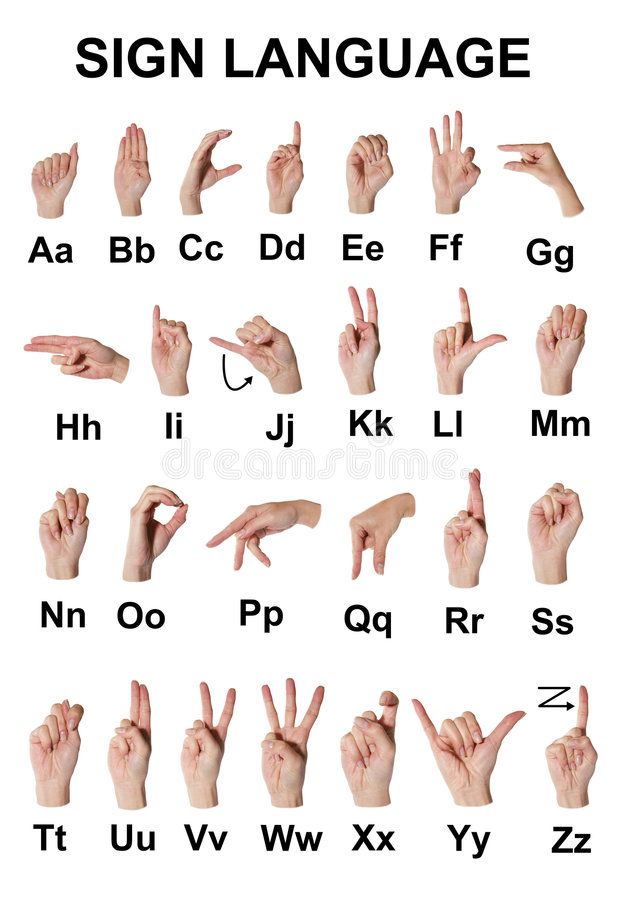 ASL helps in communicating with others underwater where no other means of communication is possible.
ASL helps in communicating with others underwater where no other means of communication is possible.
3. Covert Operations:
American Sign Language is regularly used by the military during covert operations when there may be a need for complete silence. With ASL, communication is possible with the team members even over long distances with the help of binoculars.
4. Music Industry:
People who play live music on a regular basis, ASL is is an imperative skill if they want to keep their hearing. It is especially important for people who play loud amplified music or loud instruments. With ASL, it is possible to wear earplugs and communicate.
5. Radio Station:
American Sign Language is commonly used in radio stations and recording studios around the world. With ASL it is possible to communicate with other people during a live recording without talking and interrupting the show.
6. Music Concert or Theatre Event:
ASL is used for communication by technicians working to set up a live venue or an event.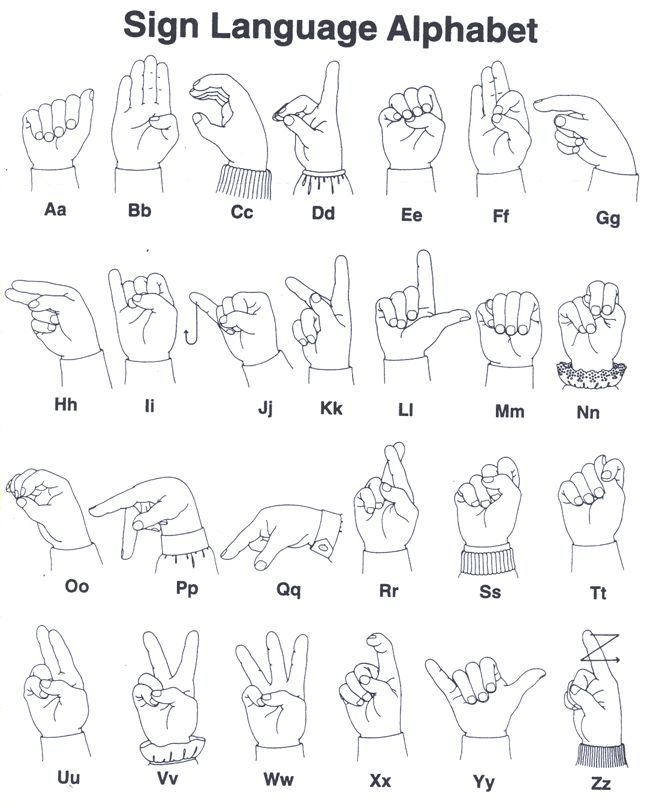 With ASL, it is possible to communicate over distances for slight adjustments to sound levels, even during a live event.
With ASL, it is possible to communicate over distances for slight adjustments to sound levels, even during a live event.
Conclusion:
Now you know that to lear American sign language is important to all of us and it can be a lifesaver at times when normal communication is not possible. Whether you have a hearing impairment or not, child or an adult, this sign language will do you good. With the above benefits associated with it, we surely need to make it our favorite!
Can you think of any other uses of Sign Language? Tell us in the comments below and don’t forget to ‘like’ and ‘share’ this post if you enjoyed reading it.
90,000 SURDERVEV 2.0 / Surdo / Category "Adjectives and verbs, concepts-relocation, degree of comparison"
B
|
E F С and L M |
N M T In W W I | 0294
- General gestures
- Time, numbers, measures, grammar, etc.
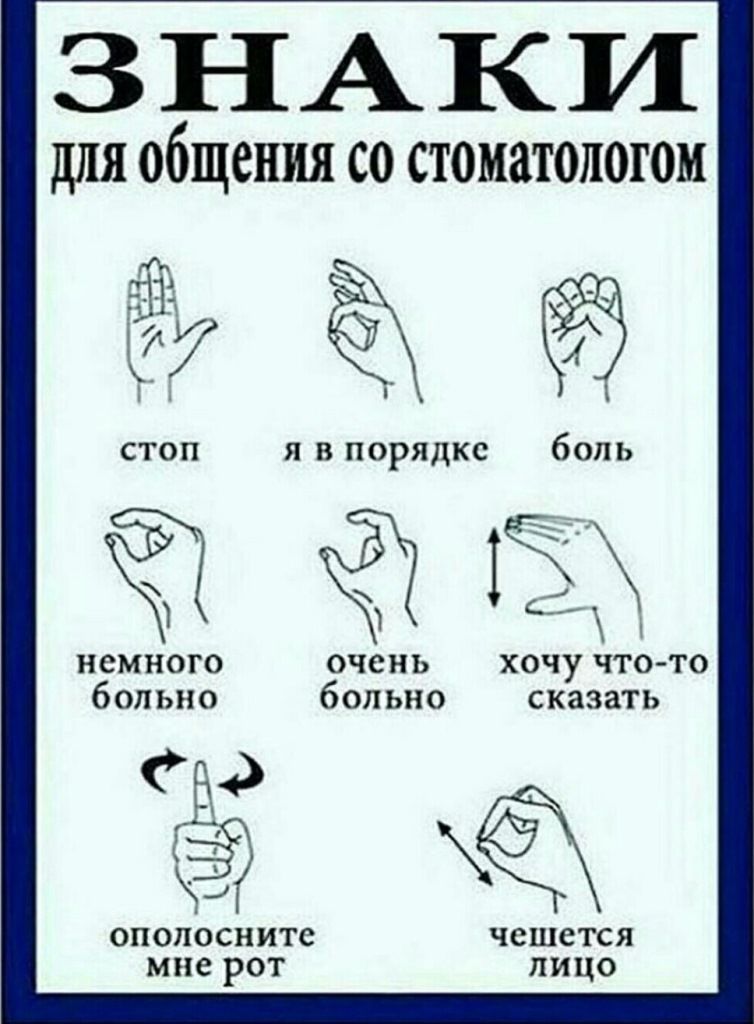 scientific terms
scientific terms
- States, republics of the Russian Federation
- State, politics
- Public organizations, unions
- Justice, law
- Religion
- Trade, Finance, Money
- Alphabet
- Examples
- City, transport, travel
- Communications, communication, connection
- Services, services
- Nature, natural phenomena
- Products, food, drinks
- Plants, animals, agriculture
- Personality, feelings, emotions
- Clothing, housing
- Family, people, relationships
- Person, health, medicine, hygiene
← Back to topics
Educational video materials - All-Russian Society of the Deaf
Educational video materials on Russian Sign Language "Let's get to know each other!"
New in 2015 - the release of a CD for teaching Russian Sign Language "Let's get to know each other!" .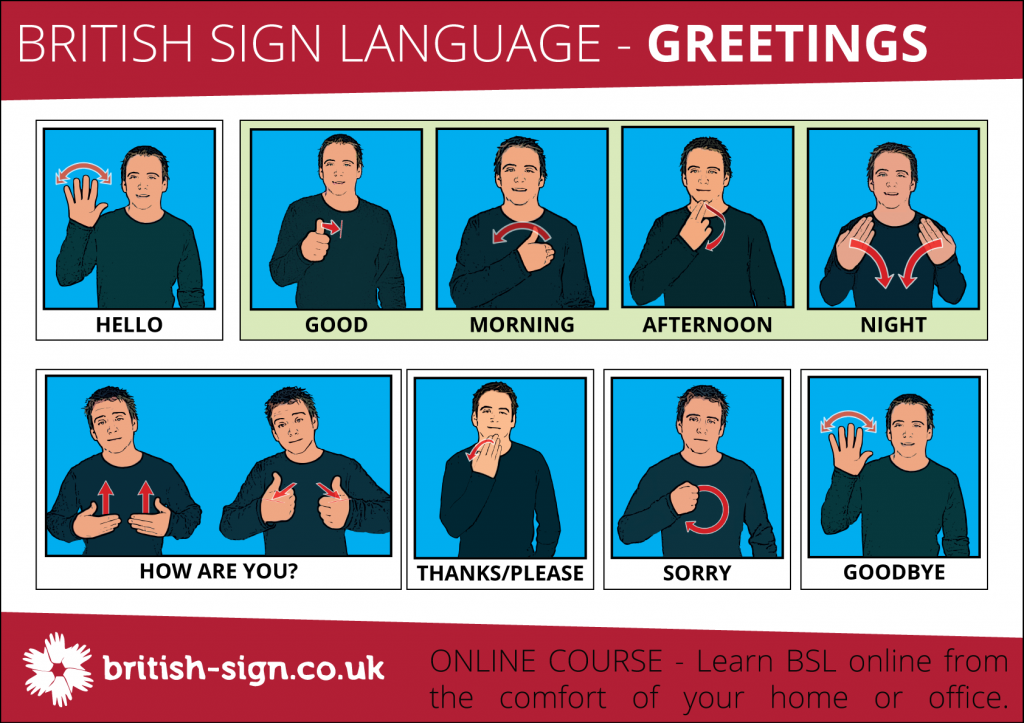 These are specially designed videos for hearing people who want to learn about the culture and language of the deaf.
These are specially designed videos for hearing people who want to learn about the culture and language of the deaf.
The course was developed by the Zaitseva Center for the Education of the Deaf and Sign Language.
Contents of the disc:
— Brief information about the deaf and hard of hearing.
- 100 most used gestures
- Video clips about the rules of communication with the deaf.
- Common phrases/dialogs used in communication.
The release of the disc became possible thanks to the VOG project “Let's Preserve and Learn the Diversity of Russian Sign Language”, partially supported by the Russkiy Mir Foundation.
Section IMPORTANT contains gestures:
I
You
Deaf
Hears
Translate
Help
Love
Yes
No
You can
Hello
LOW
SECTIONS Contains?
WHAT?
WHERE?
WHERE?
WHY?
WHY?
FROM?
WHAT?
WHOSE?
HOW?
WHEN?
Section WHO - WHAT contains gestures:
WOMAN
MAN
ЧЕЛОВЕК
МАМА
ПАПА
МУЖ (ЖЕНА)
ДРУГ
ВРАЧ
КОШКА
СОБАКА
АДРЕС
ТЕЛЕФОН (МОБИЛЬНЫЙ)
ИНТЕРНЕТ
ГОРОД
АВТОБУС
МАШИНА
МЕТРО
ТРАМВАЙ
ТРОЛЛЕЙБУС
МАРШРУТКА
ТАКСИ
САМОЛЕТ
ПОЕЗД
АЭРОПОРТ
STATION
STORE
MARKET
BANK
HOSPITAL
POLICE
SCHOOL
WORK
Section WHAT DO WE DO? contains gestures:
YES
it was
not
will not be
will not understand
do not understand
Know
Do not know
Speak
Write
Do not want to
Remember
to answer
Ask 9000
0 9000
contains gestures:Well
Bad
normally
It hurts
Slowly
Quick
Less
Much
Cold
Hanny
Beautiful
delicious
Smart
Good
03 QUIET
Section WHEN? contains gestures:
Today
Yesterday
Tomorrow
Morning
Day
Evening
Night
Week
Month
Section Dactylology contains the designations of the letters of the Russian alphabet.
Section NUMERALS contains numeral symbols.
Section LET'S TALK contains sign language phrases:
I love you.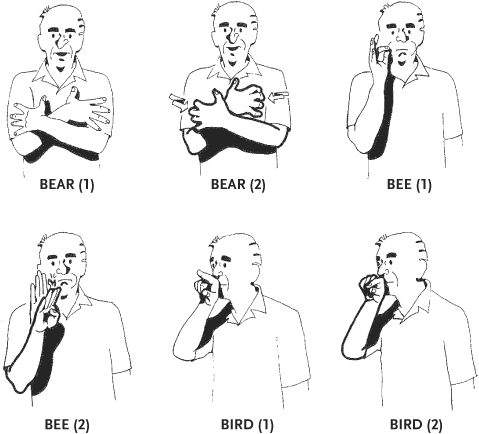
What is your name?
How old are you?
Are you studying or working?
Where do you work?
I need a job.
I live in Russia.
Give me your address.
Send me an e-mail.
I will send you an SMS.
Let's go for a walk.
It's dangerous to ride a bike here.
Do you have a car?
I have a driver's license.
Do you want tea or coffee?
Beware, the milk is hot.
I have a deaf son.
This is a good kindergarten for deaf children.
Do you have deaf caregivers?
Parents of deaf children should know sign language.
My daughter is hard of hearing, has a hearing aid and does not need a cochlear implant!
Good translators are needed everywhere.
I want to watch movies with subtitles.
There are many talented deaf artists and actors in Russia.
I need an interpreter.
Would you like a doctor?
Are you thirsty?
I love children.
Let's go play.
Section THIS IS NECESSARY contains phrases in sign language:
I am deaf.
I am hard of hearing.
I can't hear.
I know some gestures.
Do you know sign language? – I don’t know gestures very well, but I know fingerprinting.
Can I help you?
Do you need an interpreter?
Where do you live?
Where are you from?
Where is the bus stop?
Metro station close.
I'm thirsty.
Where is the toilet?
This section contains rules for communicating with deaf people and simple dialogues in sign language.